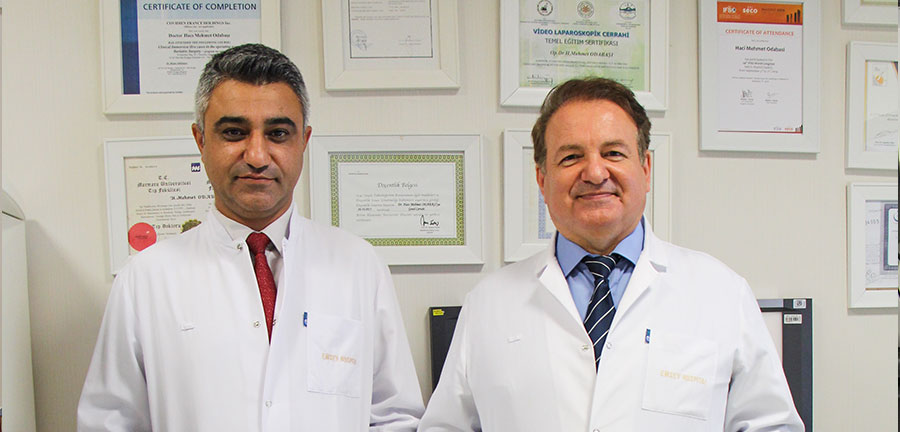HIPEC Surgery – What to Expect
HIPEC or hyperthermic intraperitoneal chemotherapy, appendix cancer, pseudomyxoma peritonei,
from the abdominal cavity, such as colon cancer, stomach cancer, ovarian cancer, and peritoneal mesothelioma
It is an innovative procedure used to treat cancers that arise or spread.
How long is the hospital stay after HIPEC surgery?
Cytoreductive surgery with HIPEC is a related procedure lasting an average of 8-14 hours depending on the degree of the disease.
procedure. Patients usually stay in the hospital for 10-12 days following surgery. A patient from the hospital
When discharged, Clinicataşehir team will assist patients to ensure home care needs are met.
and will work with her family. This may be, if necessary, the visiting nurse, physical therapist and / or professional
It includes the coordination of the therapist.
What is the healing process of HIPEC surgery?
Patients feel fatigue for 2-3 months postoperatively following cytoreductive surgery with HIPEC.
it is not uncommon. While it is important to rest during this recovery period, standing up, moving and
It is also important to stay active as much as possible. Staying active, as well as fighting fatigue
help prevent possible surgical complications such as blood clots and pneumonia in the legs
will be. Patients continue to do what they enjoy and set goals throughout their recovery.
should. While the recovery process takes time, setting and achieving goals
helps them realize their progress during their recovery period.
Is nutrition important during recovery?
Nutrition plays an important role in maintaining health and wound healing. An oncology dietitian, calorie
both before and after the surgery to ensure that their needs are met
will evaluate the nutritional status. Dietician if total parenteral nutrition (TPN) is required
He will work with patients to make sure they are getting the right formulation. Dietitian, enough
It also works with patients who leave the TPN to keep them fed.
What is the tracking process?
Approximately 1-2 weeks after the patient is discharged from the hospital, Clinicataşehir or a member of his team
should expect to get a follow-up appointment with. During this visit, patients also check their nutritional status.
with oncology dietitian to assess and create a personalized patient care plan
they will meet. In addition, follow-up laboratory studies for tumor markers CEA, CA19-9 and CA125,
It should be taken every 3 months for the first 2 years after surgery, then every 6 months for 3-5 years. IT
screenings should be performed every 6 months for the first 2 years after surgery, and then annually for 3-5 years.
Additional CT scans are requested if tumor markers are elevated at any point


